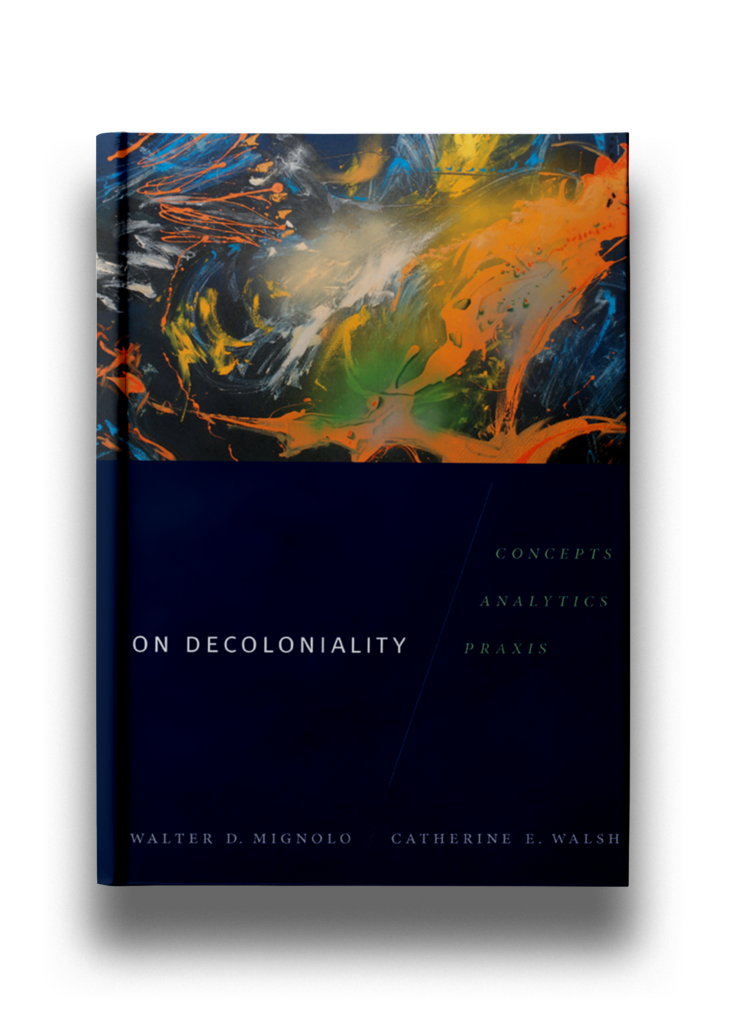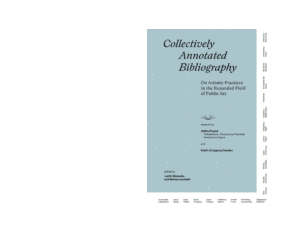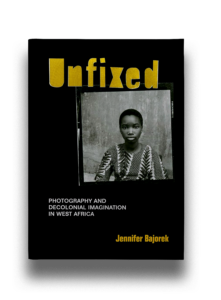Year
2018
Publisher
Duke University Press
Author
Walter Mignolo
Catherine Walsh
Annotation
During the endless days of the Italian lockdown, while I was working on my PhD proposal on post-genocide Rwandan art practices, I came across Walter Mignolo and his colleagues and their decolonial theories. I remember reading On Decoloniality in a few days, then I started to be curious about many other writings available online. A couple of months later, I was admitted as one of the participants in the Decolonial Summer School 2020 held by Mignolo and other decolonial thinkers on behalf of the University College Roosevelt in collaboration with the Van Abbemuseum Eindhoven (if it had not been for the pandemic – which forced us to meet online – we would have spent two weeks at the museum). Here you have an extract from what I wrote: ‘The second thing I learnt is that I am a white Western person, living in a (white) Western country. Until quite recently, I did not know the fundamental importance of collocating myself within the world. But now that I do, as a white Western person I believe that the issue is not about being part of the ‘whiteness’ but about being unaware of it, which means to be blind’. I consider this book to be a real milestone for the urgency of breaking free from the Eurocentric standard filling our lives.
Beatrice Galluzzo
For the decolonial thought, Modernity is an essentially or exclusively European phenomenon. In these lectures, I will argue that modernity is, in fact, a European phenomenon but one constituted in a dialectical relation with a non-European alterity that is its ultimate content. Modernity appears when Europe affirms itself as the 'center' of a World History that it inaugurates; the 'periphery' that surrounds this center is consequently part of its self-definition.









